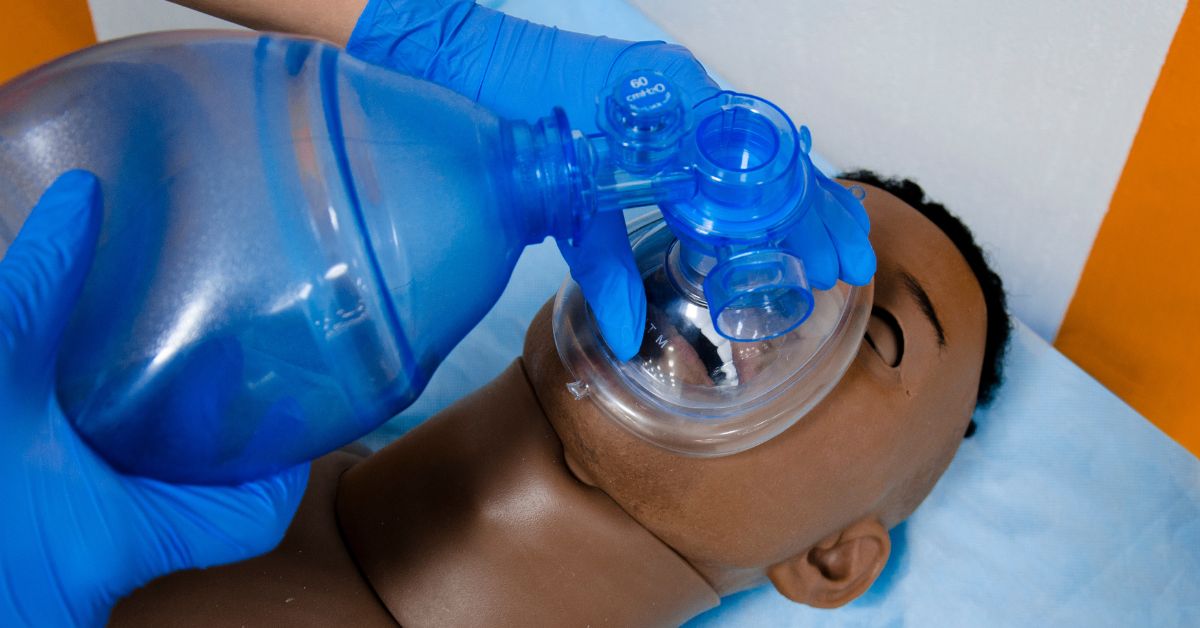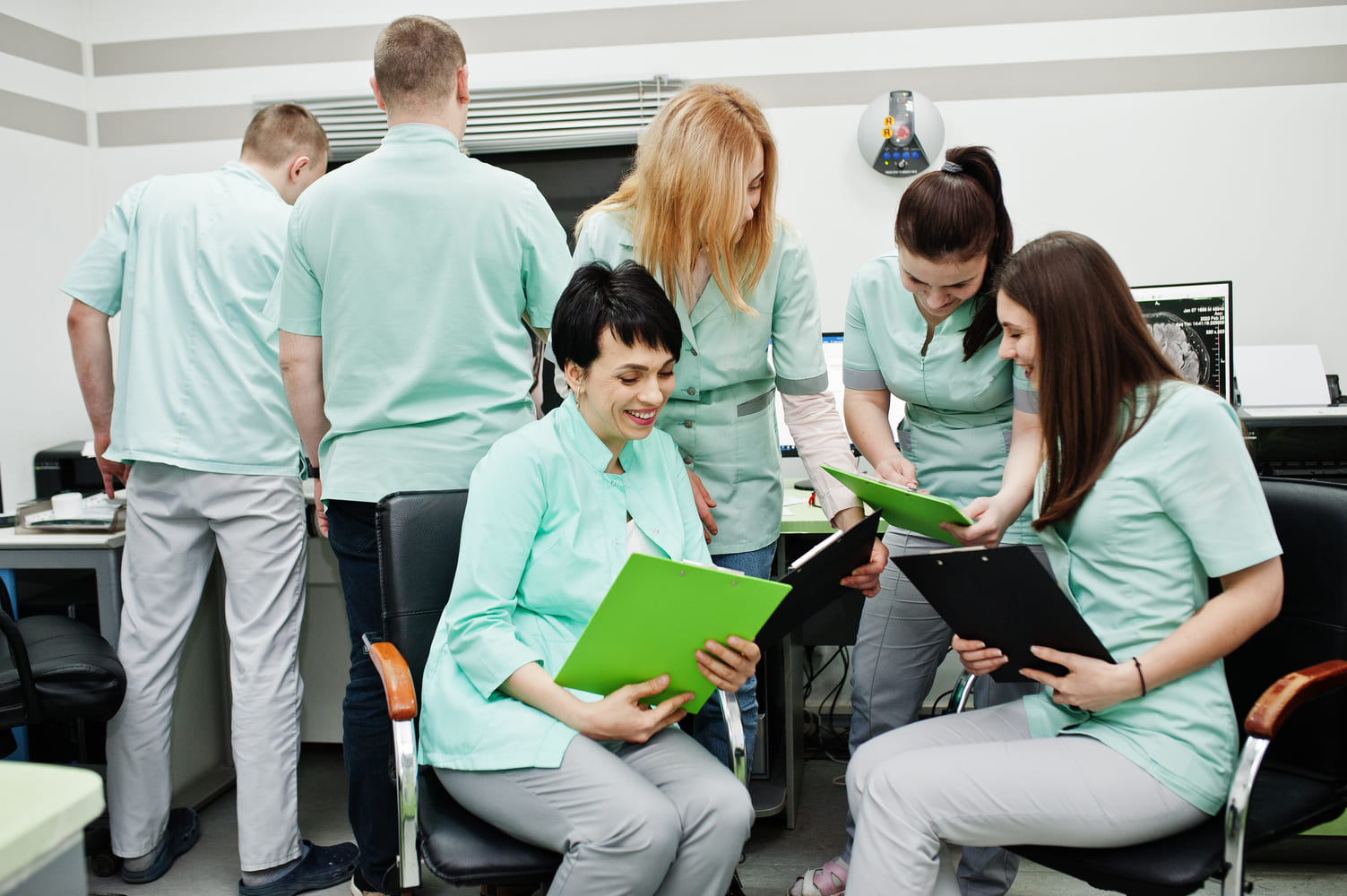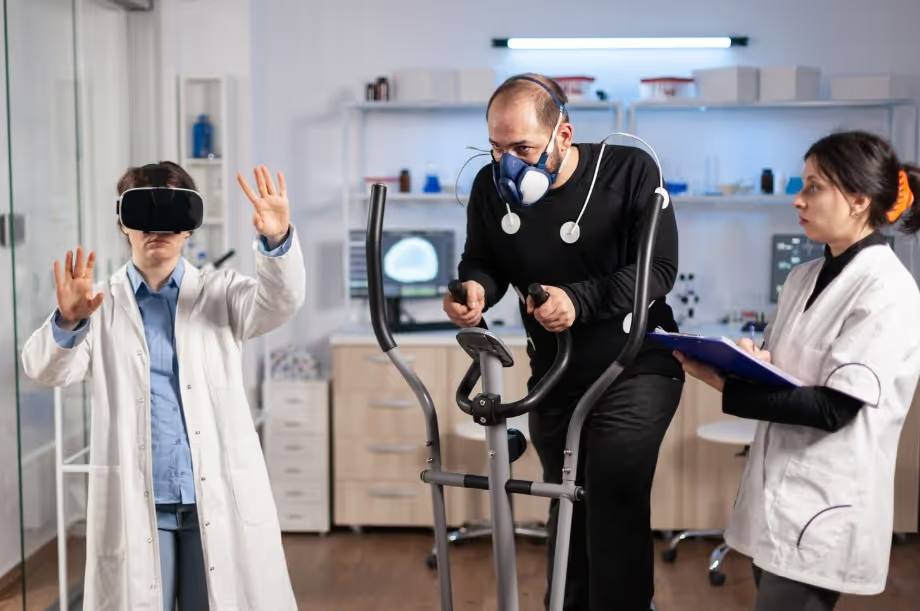
How Virtual Reality Enhances Surgical Education
The world of virtual reality (VR) has grown exponentially in the last decade. These advancements have revolutionized various industries, including healthcare. Within the healthcare sector, surgical education is experiencing substantial transformation. Virtual reality will enhance surgical education, open new avenues for learning, and allow doctors and students to improve their skills in unprecedented ways.
Interactive Learning Environment
VR creates a highly immersive and interactive learning environment for surgical trainees and experienced surgeons alike. It provides a platform where healthcare professionals can practice intricate procedures and techniques in a safe space, eliminating any risk to actual patients. This environment fosters confidence and competence in trainees as they can hone their skills without repercussions.
Realistic Simulations
Through high-fidelity simulations, VR allows surgical trainees to encounter realistic scenarios that closely mimic real-life surgeries. These simulations reflect the complexities and nuances of actual surgical procedures to provide more effective learning experiences. Trainees who practice with these tools tend to learn more and better prepare themselves to perform surgeries on real patients.
Access To Rare Cases
In traditional surgical education, trainees commonly lack opportunities to witness or participate in rare and complex cases due to their infrequent occurrence. VR overcomes this limitation by virtually recreating these unique scenarios, offering trainees a valuable chance to engage in cases they might not otherwise encounter. This exposure equips students and doctors with a comprehensive understanding and experience of surgical practice that equips them to deliver better care to patients.
Reduced Risk and Cost
By eliminating the need for real patients, surgical tools, and materials during training, VR greatly reduces the risks and costs associated with traditional surgical education methods. VR is a cost-effective approach that allows for more frequent and intensive practice sessions without incurring additional expenses. This type of education allows healthcare professionals to continuously refine their skills, improve patient outcomes, and save hospitals and clinics money in the long run.
Collaborative Learning
VR technology supports collaborative learning because multiple trainees can participate in simulations at once. During a session, trainees can communicate and work together to complete a task. This promotes teamwork and improves communication skills that future surgeons must have to effectively coordinate their actions in high-pressure environments.
Virtual reality is enhancing the world of surgical education. With the technology’s ability to provide practical learning, personalized training, reduced risks, and lessened costs, VR is changing how educators teach and how trainees practice surgical procedures. At MedVision, we’re helping to further surgical education with our high-quality patient simulators. Students and doctors can practice the skills they need in the operating room with the simulators from MedVision.
F.A.Q
Immerse yourself in a demo to see how MedVision transforms traditional learning into an engaging, interactive experience
Subscribe for the Latest News!





